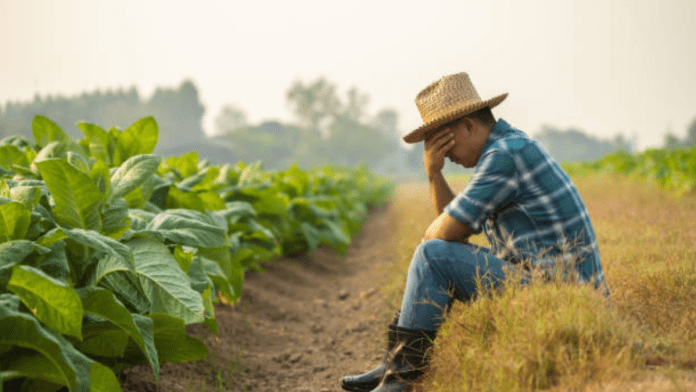News in brief:
– The Red Sea crisis and trade disruptions exacerbate food security concerns and raise prices, posing challenges for farmers worldwide.
– World Bank exceeds commitment, allocating $45 billion to address food and nutrition security, with a focus on women and long-term resilience.
The latest report from the World Bank on food security unveils alarming trends in global agriculture. With domestic food price inflation soaring, 63.2% of low-income countries experience inflation higher than 5%. In real terms, food prices outpace overall inflation in 71% of countries, creating significant challenges for farmers worldwide.
The surge in agricultural, export, and cereals price indices, particularly in cocoa and Arabica coffee, is a cause for concern, especially for high consumers of the crop like European nations.
On a year-on-year basis, maize prices plummeted by 33%, wheat by 20%, and rice skyrocketed by 32% in January 2024. This dynamic landscape poses a pressing issue for farmers, especially those reliant on the staple crops.
Also, recent attacks in the Red Sea have led to a 40% decrease in trade volumes, amplifying global food security concerns. Shipping disruptions along crucial routes, including the Suez Canal, threaten the transportation of key commodities, especially grains. As trade restrictions grow, farmers in regions like East Africa, South Asia, Southeast Asia, and East Asia are expected to face heightened vulnerability, the international financial institution said.

World Bank’s response to rising food insecurity
To tackle the crisis, the World Bank reports that it has had to exceed its commitment, making $45 billion available for food and nutrition security. Spanning 90 countries, the intervention aims to benefit 335 million people, with a focus on women disproportionately affected.
Projects like the Rural Competitiveness Project in Honduras and the Food Systems Resilience Program for Eastern and Southern Africa illustrates its multifaceted approach to address immediate needs and foster long-term resilience.
The aftermath of Russia’s invasion of Ukraine has seen a surge in stricter trade-related policies, further exacerbating the global food crisis. 15 countries implemented 21 food export bans and 11 impose 14 export-limiting measures, farmers in these locations grapple with increased challenges in accessing markets and stabilising prices.
The World Bank Group and the G7 Presidency co-convened the Global Alliance for Food Security to provide timely information for global decision-makers to coordinate responses to these issues effectively.
Heads of major international organisations, including FAO, IMF, World Bank Group, WFP, and WTO, also released a joint statement emphasising the need for urgent actions to prevent a worsening food and nutrition security crisis. They emphasised the need to balance short-term interventions with long-term resilience efforts as countries navigate the complexities of the crisis.



